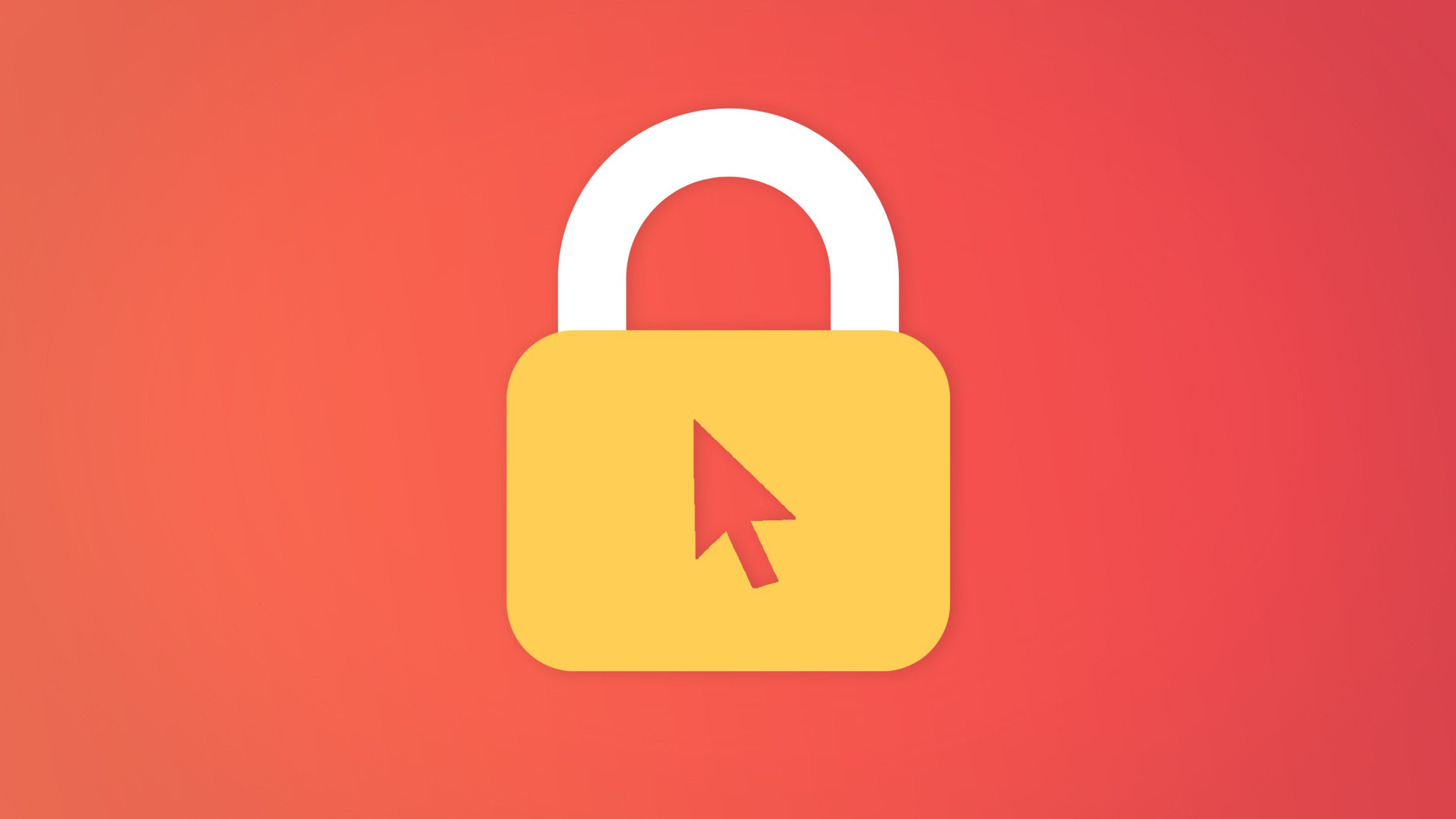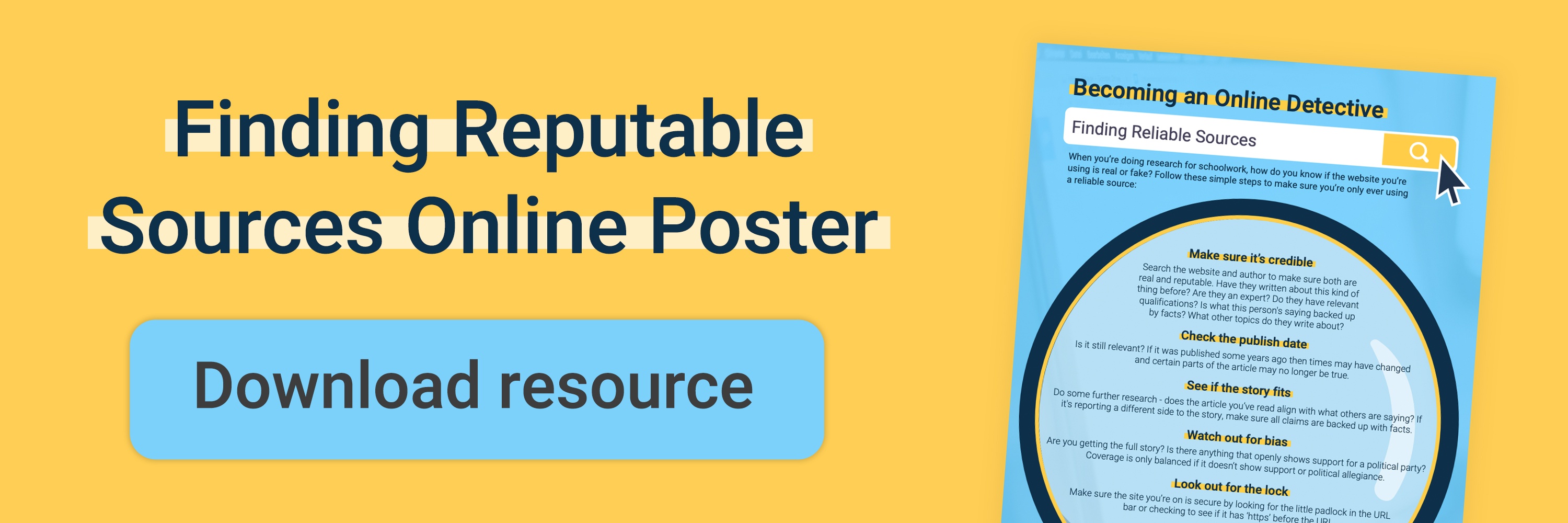Author: Bethany Spencer
Posted: 03 Apr 2020
Estimated time to read: 6 mins
As we find ourselves in the midst of school closures, in a bid to minimise disruption to students’ learning schools have taken lessons online. Now, students across the UK, and the world, rely on distance learning.
We’re fortunate to have the ability to engage in learning online - it not only means that students’ brains are still engaged but provides parents, who are now working from home, with the peace of mind that their children are occupied throughout the week and continuing with their education.
However, distance learning depends on the use of technology and the internet. This may cause some parents anxiety, depending on how they monitor screen time and whether they can ensure their child’s safety whilst online. This may also be heightened by the fact their children are now also completely dependent on their smartphones and social media to maintain friendships.
This blog will help to ease any anxiety parents may be experiencing with regards to their kids learning and socialising online. Sharing tips on staying safe on the internet and providing an insight into the types of social media apps their kids may be using.

Online Safety and Distance Learning
For safeguarding purposes, schools will need to update their existing online safety policy so that it reflects proper use of online learning materials (such as learning platforms) in line with their new approach to distance learning.
Depending on the school, there may be different ways to engage with students online. For younger children, parents may find there’s less actual online learning taking place in the form of lessons. Instead, there may be reading tasks, PE activities and links on educational apps or sites for students to go on.
In these instances it’s much easier for you, as a parent, to monitor your child’s safety online. You can ensure their safety by blocking any inappropriate sites on either your child’s device or the family computer. Additionally, if your child’s teacher is assigning work to your child via yourself or a site you have access to, it’s easy for you to vet the kinds of sites teachers are sending your children to. Furthermore, if your child needs support with their learning, you’ll have the advantage of supervising them during their internet access whilst you support them.
We also recommend that for primary aged children, parents help them draw up a timetable for their weekday routine. This not only helps structure your family’s weekday and restores a bit of normality, but it means you have an element of control over the amount of screen time your children have. You can allocate a certain time of the day for going online to socialise and have fun, potentially at times you’re also free so you can keep an eye on your child or lend a hand.
For secondary school pupils, you’ll most likely find that the level of online learning and the amount of schoolwork is much greater than that of primary school students. Most schools in the UK have some sort of learning platform, like Satchel One, which allows teachers to upload classwork online for students to complete at home.
Many of these online platforms have a parent view whereby you can see the types of tasks that your child is being assigned. This means if you see anything you’re concerned with, you can bring it up directly with the school. However, it’s important to bear in mind that teachers will be issuing your students with age appropriate tasks and will be adhering to their school’s online safety policy when they direct students to websites for research.
Parents may have concerns if teachers take their classes online with the use of a video conferencing service, or if your child has a lot of one-on-one dialogue with their teachers. If you have any concerns surrounding this, speak to the teacher or with the school - and remember that just because we are all now working and learning from home, a teacher’s professionalism will not slip.
If you want, you can try to make yourself present during any one-on-one catch ups or ask for these to be done via email with you cc'd in. But try to remember, that these online lessons are being carried out for the sake of your child’s education. Teachers, students and yourself will have an online safety policy to refer to and a video lesson may be more worthwhile for your child than being assigned a task!
Top tips:
- Block inappropriate sites
- Familiarise yourself with the school’s online safety policy
- Create a timetable so you know when your child will be online
Children's Online Safety and Social Media Sites
So, where distance learning has structure, is assigned by professionals and you have a reasonable amount of insight into what your child is working on, your child’s social media usage is something that you have a considerably less amount of control over - especially if your kids have their own personal devices.
It’s completely normal to be a little concerned about social media sites as there is an element of risk associated with them if your child isn’t aware of how to use the internet safely and you aren’t aware of the types of apps or sites they’re using.
To help you ensure your child’s internet safety and ease some of your concerns, we’ve outlined some simple steps you can take to ensure your child’s safety online:
Familiarise yourself with the apps they’re using
The world of social media can change quickly and lockdown has meant that new apps are blowing up that you may not have been aware of before. The world of social media can be a lot less scary to a parent if you know what the site does, the safety settings and how it works.
According to the site Parentology, the most popular apps used by teens right now are: YouTube, Snapchat, Instagram,Tiktok, Whatsapp, Kik, Discord, Houseparty, Ask.fm and VSCO. The majority of these sites have an age limit of 13 years and up and because of the age of users will have security settings that will keep them safe and should have guidance for parents on how they and you can help to keep your child safe online.
Ask your children what their favourite apps are, familiarise yourself with them and then, if you have any questions or concerns, speak to your child and ask them to show you how to engage with the app.
Socialise with your kids on social media sites
An easy way to keep an eye on what your child is doing on social media and make yourself aware of any safety precautions, is to have your child connect with you on the site. Not only will you be able to see what they’re doing and keep an eye for any potential dangers, it will allow you to familiarise yourself with how the app works. Not to mention that it’s a different and fun way to connect with your child.
When your children want to explore a new app make a deal with them that means they can download the app but only if they agree to add you as a friend. Who knows, you and your kid might start making TikTok videos together or having Houseparty chats from different rooms in the house!
Put in restrictions on screen time
Although we understand that during this period of school closures our smartphones are the primary way in which our kids are going to stay connected with their friends, it’s important that they don’t spend all their time on the phone.
For younger children you may want to allocate a certain amount of time on weekdays for when they’re allowed to connect with friends or play games on their smartphones, and for children of all ages you can factor activities into their daily routine that don’t require phones like reading, physical activity or a games night.
It’s important that we don’t take for granted the amount of time we now have to spend with each other. Although it’s amazing we can connect with loved ones online, have fun with the people in front of you and don’t be afraid to take things back to basics with a puzzle or game of charades.
Discuss how they can protect themselves on the internet
As a parent you can put necessary parental control filters on your family and children’s devices to limit their exposure to inappropriate material. You can also look into installing parental control apps to help you minimise the threats your child is exposed to.
However, one of the simplest and most effective ways we can keep our children safe online is to discuss internet safety and remind them of how they can stay safe online, including:
- Privacy settings - remind children of why their profiles should be secure and why privacy is important
- Not to share any personal information including address or phone number
- Why they shouldn’t open emails for unknown senders, send money online or click on downloads in emails with supervision
- Not to send photos over the internet or messaging apps
- To report bullying either to the site or a trusted adult if it’s happening to them or they see it happening to someone else
- Not to accept friend requests from strangers or talk to them on the internet
Keeping our children safe is our number one concern, which is why we’re practising social distancing and staying at home. However, it’s just as important to ensure the safety of our children online as well. By teaching our kids online safety and putting the necessary steps in place to keep them secure, we can help them enjoy the internet, learn and connect online securely from the comfort of our homes.



